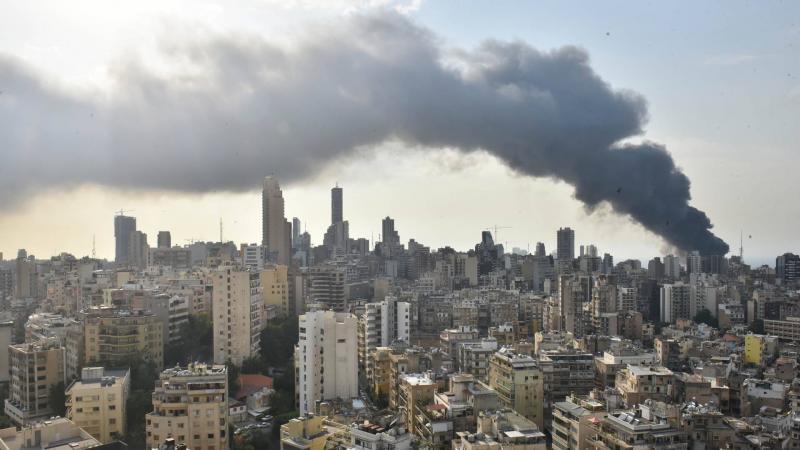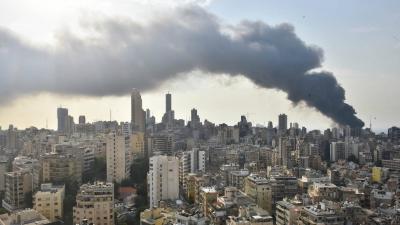A thick smog hangs over the city of Beirut most days, forming a brown cloud that darkens the city's horizon and poses a significant health risk to residents, increasing cancer cases by 30%. According to a report published by the British newspaper "The Guardian," about 8,000 diesel generators have been operating to power Lebanese cities since 2019. These generators are audible, odorous, and visible in the streets, but their worst impact is the air that city residents are forced to breathe.
New research, set to be published by scientists at the American University of Beirut (AUB), has found that the Lebanese capital’s excessive reliance on diesel generators over the past five years has directly doubled the risk of cancer. Oncologists note that “positive diagnosis rates are on the rise.” Najat Sleiba, an atmospheric chemistry scientist and the study's leader, states, “The findings are concerning.”
This issue primarily affects Beirut, especially in densely populated areas like the Maqased. Pollution levels from fine particulate matter known as PM2.5 often reach 60 micrograms per cubic meter, according to "The Guardian." This amount is four times higher than the World Health Organization's recommended limit of 15 micrograms/m3, which also indicates that people should not be exposed to this level for more than three to four days per year.
The situation seems to have become critical following the catastrophic blast in August 2020, which further weakened the country. The economic collapse in Lebanon has led to an almost total breakdown of the public power grid, resulting in increased reliance on diesel generators. This, along with other factors, has created a vicious cycle where generators continue to pollute the air, worsening health issues, including cancer.
Generators release carcinogenic pollutants into the atmosphere, significantly increasing cancer risks among the population. Measurements from the American University of Beirut indicate that cancer-causing pollutants have doubled in three areas of the capital. Sleiba noted that assessments suggest that the cancer risk has risen by approximately 50%.
Regarding cancer risk based on carcinogens, scientists at the American University of Beirut stated in their research paper: “We calculate cancer risk based on the carcinogens emitted by diesel generators, some of which are classified as Group 1A carcinogens.” Group 1A (formerly known as Cat 1) comprises substances known to cause cancer in humans, principally based on human evidence.
Oncologists in Beirut have informally observed a significant increase in cancer rates, suggesting a rough annual rise of about 30% since 2020. Additionally, they have noted a common trend: patients are getting younger, and the tumors they develop are more aggressive. However, this data has not yet been officially verified.
Sleiba remarked that the country is trapped in “a major vicious cycle. We are a very poor country now, so we continue to ask for all this funding.” Although international donors have contributed billions to initiate improved infrastructure projects, fundamental problems remain unaddressed.




